Funding Toolkit » Formula Grants » Title IV-E – Federal Payments for Foster Care and Adoption Assistance
Overview
Title IV-E of the Social Security Act supports the Federal Foster Care Program, which helps provide out-of-home care for children until the children are safely returned home, placed permanently, or placed in other planned arrangements; and the Adoption Assistance Program, which provides funds to states to facilitate the timely placement of children
The Foster Care Program’s funding is awarded by formula as an open-end entitlement grant. To be eligible for Title IV-E Foster Care Program, children must be in out-of-home placements, be removed from families considered “needy” (based on measures from AFDC program), have entered care through judicial determination or voluntary placement, and be licenses or approved foster care placements.
Match Requirements
The Foster Care Program enables states to be generally reimbursed up to 50 percent for every qualifying dollar they spend and up to 75% for trainings. The Adoption Assistance Program provides federal matching funds of 50 to 83 percent, depending on the state’s per capita income.
Potential Uses
In December 2018, the Children’s Bureau revised the policy regarding independent legal representation. States can now claim federal matching funds through Title IV-E to help pay for costs of independent legal representation by an attorney for a child who is a candidate of IV-E foster care and the parent to prepare for and participate in foster care legal proceedings. The Child Welfare Policy Manual (CWPM) added language clarifying this change at Question 30:
“The statute at section 474(a)(3) of the Act and regulations at 45 CFR 1356.60(c) specify that Federal financial participation (FFP) is available at the rate of 50% for administrative expenditures necessary for the proper and efficient administration of the title IV-E plan. The title IV-E agency’s representation in judicial determinations continues to be an allowable administrative cost. … This policy is revised to allow the title IV-E agency to claim title IV-E administrative costs of independent legal representation by an attorney for a child who is a candidate for title IV-E foster care or in foster care and his/her parent to prepare for and participate in all stages of foster care legal proceedings, such as court hearings related to a child’s removal from the home.”
In a July 2020 Technical Bulletin, the Children’s Bureau clarified cost-sharing requirements for the non-federal share of program expenditures and the agencies with which states may form contracts to fulfill legal representation functions. Clarifications of special note include that private donations as well as state or local (non-federal) funds can be used as match, IV-E state agencies can contract directly with a legal aid program without the need for a public agency/court intermediary, and reimbursable administrative costs can include costs of paralegals, office support staff, social workers, and overhead. Specifically, see FAQs 4 and 5, and the Appendix
CFDA
93.658 and 93.659
Administering Federal Agency
U.S. Department of Health & Human Services, Administration for Children & Families (ACF), Children’s Bureau (CB)
Find Your State/Local Administrator
See the CB’s list of state child welfare agency directors.
Amount of Available Funding
Title IV-E is a federal-state matching grant program under which states must spend money in order to receive federal funding. States are generally reimbursed up to 50 percent for every dollar they spend. This reimbursement requirement is “open ended,” in that there is no upper limit or ceiling on the federal government’s match of those expenditures. States will sometimes publish their budget requests online, but if it not available or is outdated, you can contact your state administrator.
More Information
To find examples of courts and/or their justice partners receiving these funds, click on the PDF.
Tags
Formula Grants
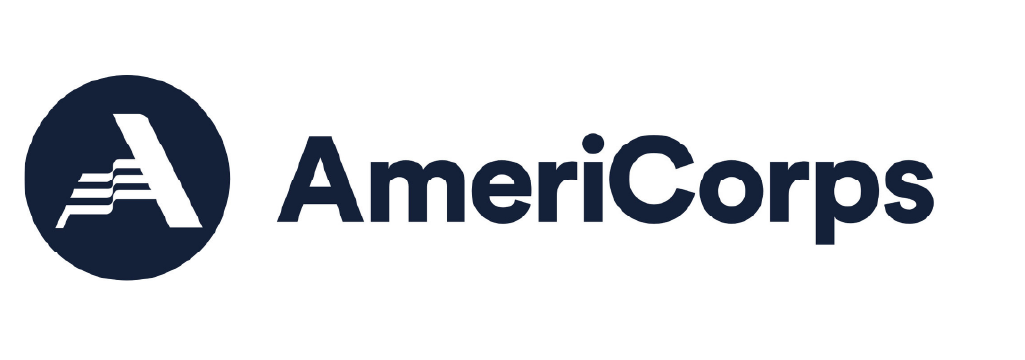
AmeriCorps State and National Grants
AmeriCorps provides grants to a broad range of local and national organizations and agencies committed to using service to address compelling community issues.

AmeriCorps VISTA
AmeriCorps VISTA program is guided by four core principles: anti-poverty, community engagement, capacity building, and sustainable solutions.
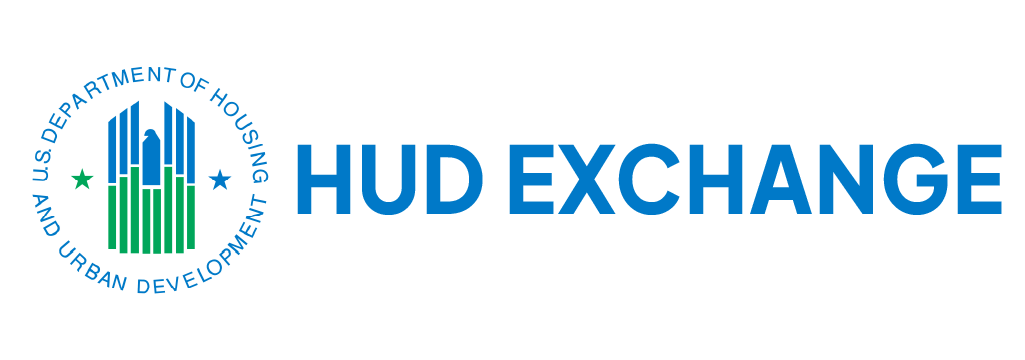
Community Development Block Grant (CDBG)
The CDBG program works to ensure decent affordable housing, to provide services to the most vulnerable in our communities, and to create jobs through the expansion and retention of businesses.

Edward Byrne Memorial Justice Assistance Grant (JAG)
JAG funds awarded to a state or local may be used to support a range of program areas, including law enforcement, prosecution, indigent defense, courts, crime prevention and education…
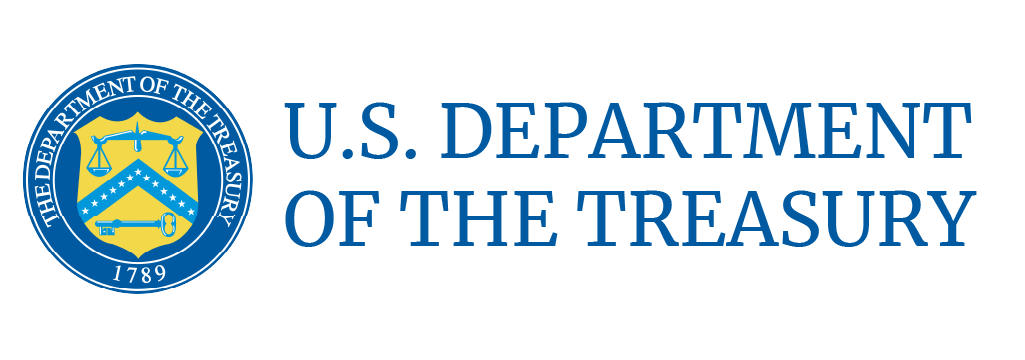
Emergency Rental Assistance Program (ERAP)
The American Rescue Plan Act built upon the ERAP, is set to reduce evictions by providing an additional $21.6 B in emergency rental assistance for low-income renters who have lost income…

Emergency Solutions Grants (ESG) Program
The Emergency Solutions Grants Program focuses on assisting people to quickly regain stability in permanent housing after experiencing a housing crisis and/or homelessness.
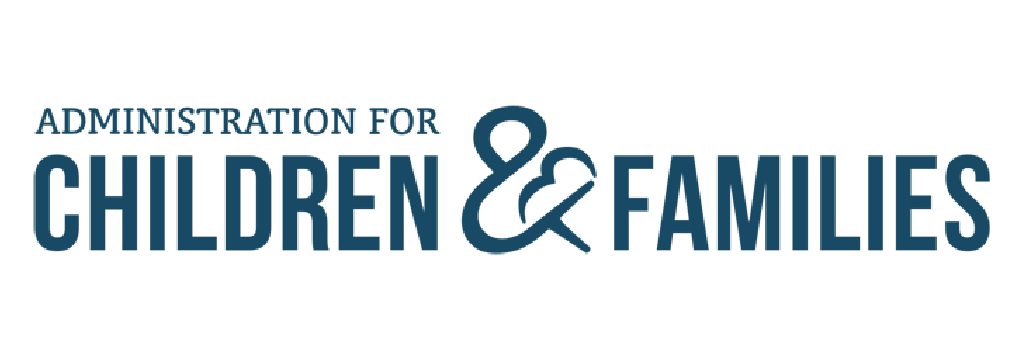
Family Violence Prevention and Services Formula Grants (FVPSA)
The Family Violence Prevention and Services formula grants to states and territories fund more than 1,600 local public, private, nonprofit and faith-based organizations and programs demonstrating…

Homeowner Assistance Fund (HAF)
The HAF is for the purpose of preventing homeowner mortgage delinquencies, defaults, foreclosures, loss of utilities or home energy services, and displacements of homeowners experiencing financing hardship due to…

State and Local Fiscal Recovery Funds (FRF)
FRF is the largest and most flexible source of American Rescue Plan Act funds to help states, counties, cities and Tribal governments cover increased expenditures, replenish lost revenue…
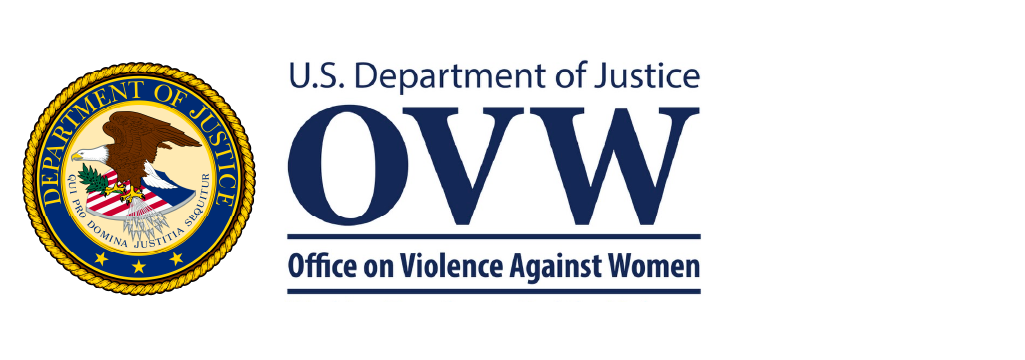
STOP (Services, Training, Officers, and Prosecutors) Violence Against Women Formula Grant
STOP (Services, Training, Officers, and Prosecutors) Violence Against Women Formula Grants are awarded to states to develop and strengthen the criminal justice system’s response…

Title IV-B – State Court Improvement Program (CIP)
The State Court Improvement Program is for children and families who need assistance in order to keep their families together.

Title IV-D – Child Support and Establishment of Paternity
The child support program serves over 17 million children, and provides information to pro se parents helping ensure that parents understand the child support process, know what to expect…

Title IV-E – Federal Payments for Foster Care and Adoption Assistance
The Federal Foster Care Program helps to provide safe and stable out-of-home care for children until the children are safely returned home, placed permanently with adoptive families…

Victims of Crime Act (VOCA) Victim Assistance Formula Grants
VOCA provides funding to groups and direct services for victims, such as domestic violence shelters, legal support, faith-based organizations, and child abuse organizations.

